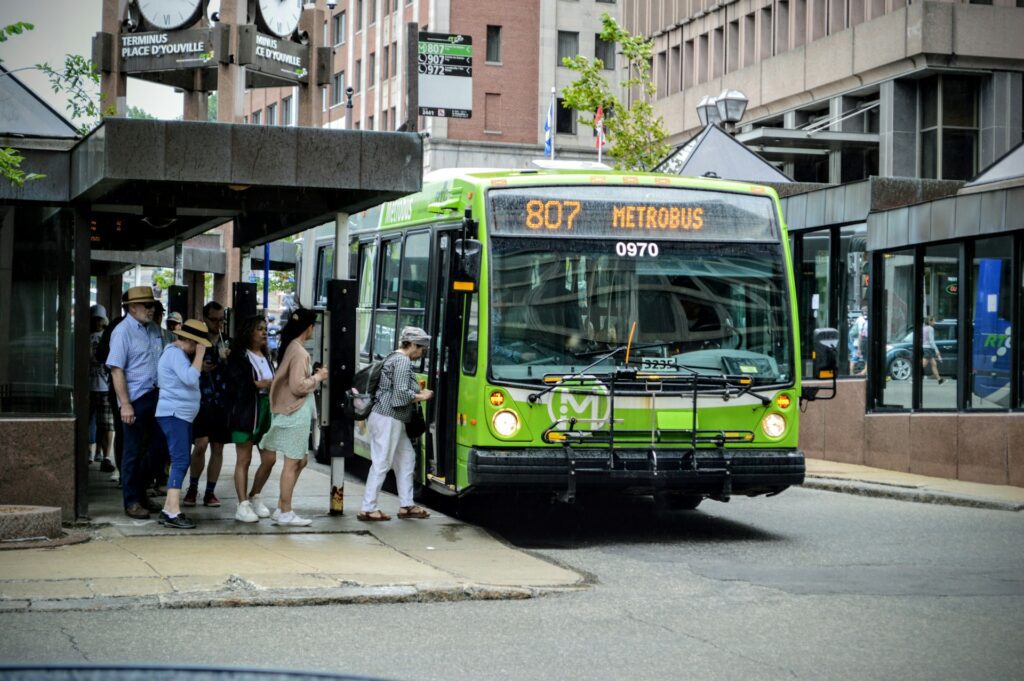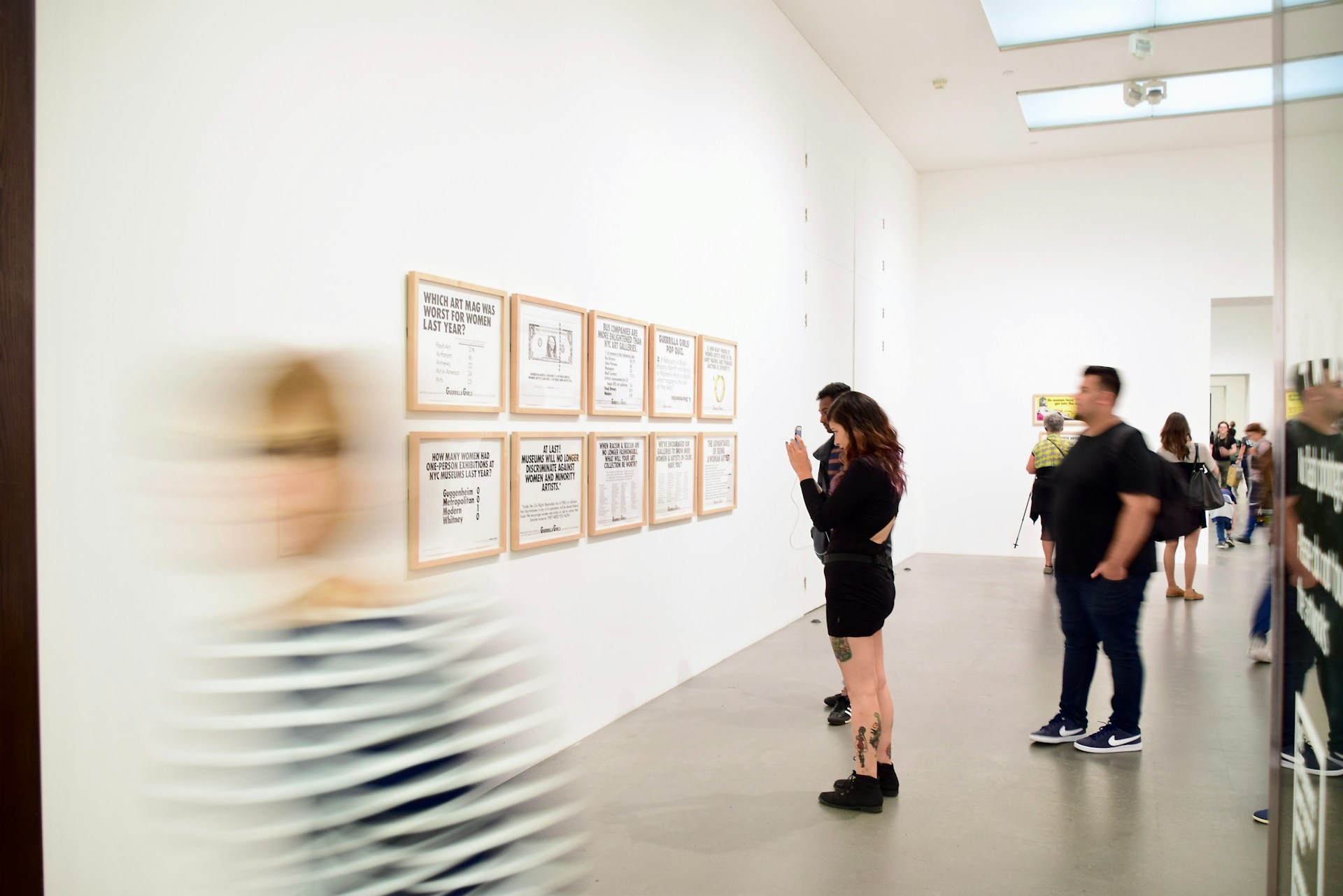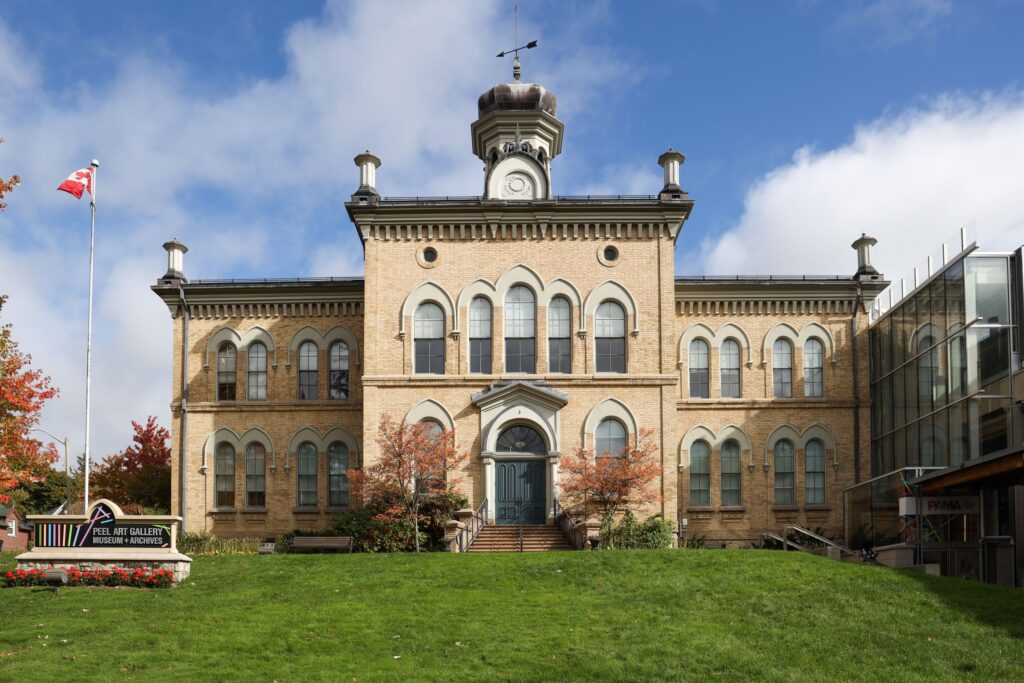Canada is known for being a welcoming and polite society. Understanding cultural norms is essential for anyone who is new to the country. From greetings to tipping practices and queue etiquette, Canadian culture has its own unique expectations. This guide will walk you through the everyday behaviors that will help you feel at home and smoothly navigate life in Canada.
- Greetings and Politeness
- Tipping Etiquette
- Queue Etiquette
- Public Transportation Courtesy
- Apologies and Respectful Communication
- Eye Contact and Personal Space
- Respect for Diversity
With Canoo, you have free entry to over 2000 partner destinations across Canada, from museums and historic sites to national parks and cultural landmarks. As you explore these incredible spots, understanding Canadian cultural norms—like when to tip or how to interact in public spaces—will help enhance your experience. Through this blog, we will ensure that you’re well prepared to engage respectfully and confidently with the people and services around you.
Greetings and Politeness
In Canada, greetings are generally friendly and respectful. A simple “hello” or “hi” with a smile goes a long way. When meeting someone for the first time, it’s common to shake hands, but a friendly nod or wave is also acceptable in casual settings.
Politeness is key! Canadians are known for being polite, with exemplary manners. Words like “please,” “thank you,” and “sorry” are used frequently, even in minor situations. If someone bumps into you by mistake, don’t be surprised if they apologize first!
Tipping Etiquette

Tipping is an important part of Canadian culture and social practices, especially in the service industry. While tipping isn’t mandatory, it is expected in many situations, particularly in restaurants, bars, taxis, and hair salons.
- Restaurants: It’s standard to tip 15-20% of the total bill before taxes.
- Cafés and Bars: Leaving a tip of around $1-2 or 15-20% of the bill is common.
- Taxis: Round up the fare or tip around 10-15%.
- Other Services: Hairdressers and spa services typically expect a 10-20% tip, depending on the quality of service.
Here’s a guide for more advice on tipping customs in Canada.
Queue Etiquette
Waiting in line (queuing) is taken seriously in Canada. Whether you’re waiting for public transportation, standing in line at a store, or waiting for a service, respecting the queue is essential. Cutting in line is considered extremely rude, so make sure to join the line at the end and wait your turn patiently.
Public Transportation Courtesy
When using public transit, courtesy goes a long way. A few simple rules of conduct are always wait for passengers to disembark before boarding and offer your seat to the elderly, pregnant women, or people with disabilities. Keep noise levels to a minimum and avoid eating strong-smelling food while onboard.

Apologies and Respectful Communication
Canadians are often recognized for their frequent use of the word “sorry.” While it might seem excessive at first, it’s a reflection of their polite and respectful communication style. “Sorry” is often used to smooth over minor inconveniences or misunderstandings, and being apologetic is seen as a sign of empathy and would be considered a norm.
Eye Contact and Personal Space
Eye contact during conversations is appreciated as it signals attentiveness and respect. However, maintaining a comfortable level of personal space is equally important—about an arm’s length distance is common during conversations.
Respect for Diversity
Canada is a multicultural society, and respect for diversity is a core value. Canadians are generally open-minded and respectful of different cultures, religions, and lifestyles. It’s important to be inclusive and mindful when discussing cultural or personal differences, ensuring your comments reflect an understanding of Canada’s diverse population.
By understanding these core elements of Canadian cultural etiquette, you’ll find it easier to adapt to everyday life in Canada. Whether it’s mastering greetings, tipping properly, or patiently queuing, these practices will help you fit in smoothly while respecting the country’s valued customs.





